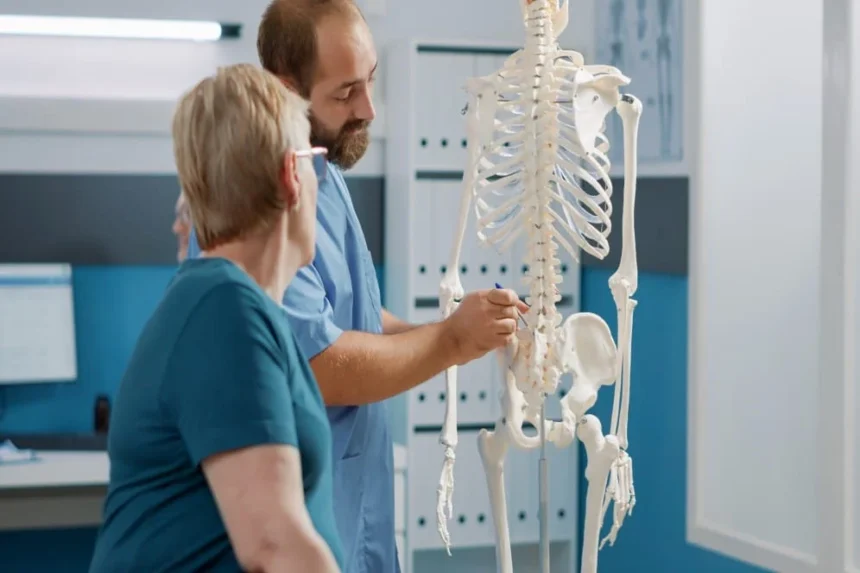In recent years, spinal surgery has undergone a significant transformation, offering patients safer, more effective alternatives to traditional open procedures. One of the most impactful advancements is minimally invasive spinal surgery (MISS)—a technique that many patients are discovering through reputable Spinal Surgery Clinic across the country. With reduced pain, shorter recovery times, and improved outcomes, MISS is rapidly becoming the preferred option for treating a variety of spine-related conditions. This article explores the essentials of minimally invasive spinal surgery, what patients should expect, and how to choose the right clinic.
Understanding Minimally Invasive Spinal Surgery
Minimally invasive spinal surgery is a surgical technique designed to stabilize the spine or relieve pressure on the spinal nerves while minimizing trauma to the surrounding muscles and tissues. Unlike traditional open spine surgery, which requires a long incision and muscle detachment, MISS utilizes small incisions and specialized instruments, including endoscopes and tubular retractors.
The benefits of this approach include:
- Less muscle and tissue damage
- Reduced blood loss
- Lower risk of infection
- Shorter hospital stays
- Faster recovery and return to daily activities
Procedures commonly performed using MISS techniques include herniated disc repair, spinal fusion, laminectomy, and treatment of spinal stenosis.
Who Is a Candidate for MISS?
Not all spine conditions or patients are suited for minimally invasive approaches. However, many people suffering from degenerative disc disease, herniated discs, spinal stenosis, scoliosis, or fractures may be ideal candidates. Evaluation begins with a thorough examination at a spinal surgery clinic, where specialists use imaging studies and medical history to determine the most appropriate course of treatment.
Some key considerations include:
- Severity and location of the spinal issue
- General health and age of the patient
- Previous surgeries or spinal procedures
- Response to non-surgical treatments such as physical therapy or medications
What to Expect During the Procedure
Most minimally invasive spine surgeries are performed under general anesthesia. Surgeons typically make one or more small incisions through which they insert a tubular retractor to create a channel to the affected spinal area. An endoscope or microscope helps guide the procedure with enhanced visibility.
Because the muscles are gently moved aside instead of being cut, there is less postoperative pain. The entire surgery may take anywhere from one to several hours, depending on the complexity of the condition.
Recovery and Postoperative Care
Recovery time following MISS is generally much shorter than that of open surgery. Many patients are able to return home the same day or within 24–48 hours. A spinal surgery clinic will provide a personalized rehabilitation plan, which may include:
- Physical therapy
- Pain management strategies
- Activity modification guidelines
- Follow-up imaging or evaluations
Patients are often able to resume light activities within a few weeks, though complete recovery can take several months depending on the procedure.
Choosing the Right Spinal Surgery Clinic
Selecting the right spinal surgery clinic is critical to achieving optimal outcomes. Look for clinics with:
- Board-certified orthopedic spine surgeons or neurosurgeons
- Experience in performing a high volume of minimally invasive procedures
- State-of-the-art surgical equipment and facilities
- Comprehensive pre- and post-operative care programs
- Positive patient testimonials and success rates
Consultations should be thorough, and the surgeon should clearly explain all treatment options, risks, and expected outcomes. A good clinic will prioritize patient education and shared decision-making.
Conclusion
Minimally invasive spinal surgery offers hope to thousands of people struggling with chronic back or neck pain. By minimizing trauma and accelerating recovery, MISS helps patients return to their normal lives with fewer complications and less downtime. If you or a loved one is dealing with a spinal condition, consider scheduling a consultation at a reputable spinal surgery clinic to learn whether this advanced surgical approach is right for you.


